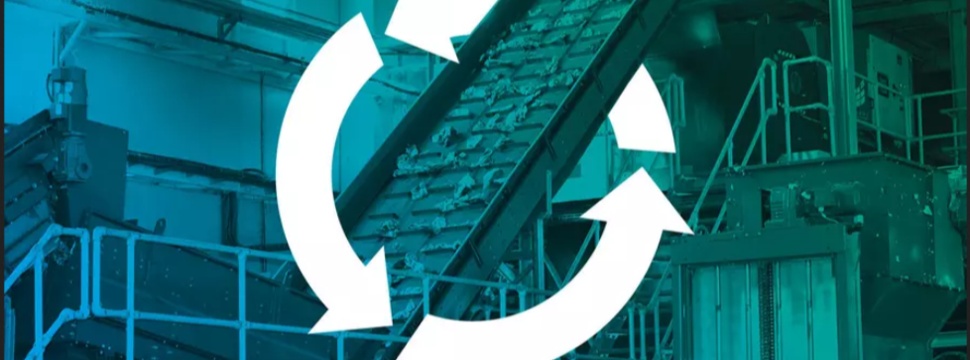Company takeover in Eastern Europe: Greiner Packaging buys Serbian PET flake producer ALWAG
News General news
The acquisition of ALWAG is a direct reflection of Greiner Packaging’s exhaustive efforts to boost sustainability. In purchasing the PET flake producer, Greiner Packaging is pushing ahead with the expansion drive it has embarked on in recent years as well as resolutely pursuing its extensive circular economy goals. The ALWAG takeover means Greiner Packaging now has three locations in Serbia: one recycling company and two manufacturing bases.

Recycling: an integral part of the business model
One of Greiner Packaging’s declared objectives is to maximize the use of recycled material when manufacturing its products. As the first recycling company in the group, Greiner Recycling d.o.o. will help to secure the material streams that will later be converted by Greiner Packaging. This sustainable form of backward integration will ensure a dependable supply of raw materials that are essential to Greiner Packaging continuing to offer customers the reliability they are accustomed to going forward. It is also key to expanding recycling as an integral part of the company’s business model.
"PET is currently the only mechanically recycled material that can be used for food applications. We are strong believers in the potential of PET and, by expanding our expertise, we are actively committed to using this material effectively. As we work toward our sustainability goals, which we pursue consistently through all the business decisions we make, we naturally pay special attention to the possible creation of other r-PET streams in addition to the bottle-to-bottle stream. That would mean that an old PET cup could become a new PET cup in the future."
(Manfred Stanek, CEO of Greiner Packaging)
Use of PET flakes
ALWAG currently supplies its material to customers throughout Europe. Following consultations with these valued partners and a planned expansion of recycling capacity at the site, the flakes will gradually become available for Greiner Packaging’s applications and will be incorporated into its packaging solutions. This means that existing ALWAG customers will continue to benefit from a reliable supply of their usual quantities of recycled material.
"To incorporate recycled PET into packaging, the PET flakes are extruded and then thermoformed. In the future, injection molding applications will also be considered.
The recycling of PET packaging and bottles is a project we began 10 years ago as pioneers in Serbia. It has always been our ultimate goal to produce an end product made entirely of recycled PET material that can then be converted. This new ALWAG product is now no longer being developed by us, but by new owners whom we have carefully selected and have full confidence in. We are convinced that our vision will be successfully pursued thanks to the new owners, their commitment to the Nova Gajdobra site, and the additional investments in downstream technological processes. This step makes sense for everyone involved and will take the company’s success to even greater heights in the future." (Stojan Dangubić, former director of ALWAG and executive director of Aling-Conel)
Clear sign of intent for a circular economy
Greiner Packaging is known for the diversity of its packaging production and decoration services as well as for processing an extensive array of materials. Greiner Packaging is broadening its offering through vertical integration, and the in-depth knowledge it is obtaining in the recycling sector will further strengthen the packaging specialists’ position as experts and sustainability pioneers in the international market.
As an internationally successful packaging producer, Greiner Packaging is committed to delivering innovation for a circular world – one where the same resources can be used again and again. The company takes a holistic approach to achieving this, rooted in its guiding principle: reduce, reuse, recycle. For example, Greiner Packaging will not rely solely on r-PET in the future – it will also forge ahead with initiatives to increase the use of r-PP and r-PS, recognizing that it is not necessarily a case of favoring a certain material. Rather, the aim is to provide a sustainable material solution that is perfectly tailored to the customer.










